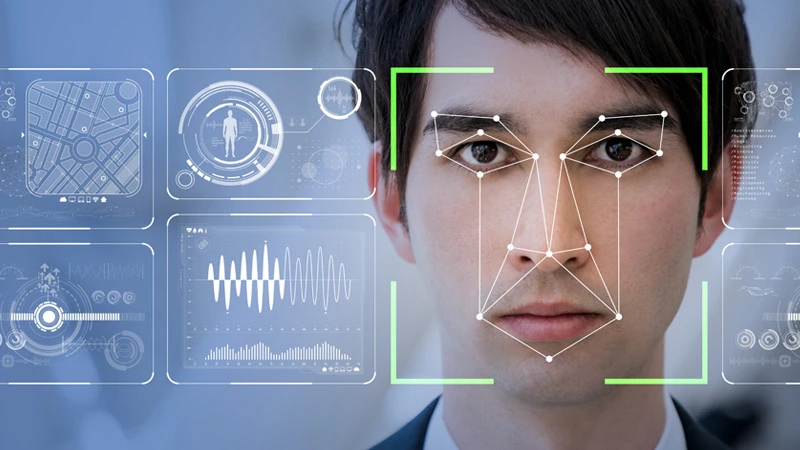
Transforming Security: The Impact of Facial Recognition Systems
Facial recognition systems have emerged as a transformative technology, revolutionizing the landscape of security and identification. From unlocking smartphones to enhancing surveillance capabilities, these systems have found diverse applications. Let’s delve into the world of facial recognition, exploring its functionality, benefits, and the implications it holds for the future.
Understanding the Basics: How Facial Recognition Works
At the core of facial recognition systems is the ability to identify and verify individuals based on their unique facial features. These systems utilize sophisticated algorithms to analyze facial patterns, landmarks, and contours, creating a digital representation that serves as a person’s unique identifier. This process enables quick and accurate identification in various scenarios.
Applications in Security: Biometric Authentication
One of the primary applications of facial recognition is in biometric authentication. Facial recognition systems are employed to grant access to secure areas, devices, and accounts. The uniqueness of facial features provides a robust layer of security, surpassing traditional methods like passwords and PINs. This technology is widely used in smartphones, laptops, and access control systems.
Surveillance Advancements: Enhancing Public Safety
Facial recognition has significantly advanced surveillance capabilities, contributing to public safety efforts. In crowded places like airports or city centers, these systems can quickly scan and match faces against watchlists, aiding law enforcement in identifying persons of interest. The real-time nature of facial recognition enhances proactive security measures.
Smart Home Integration: Convenience and Security
Facial recognition has found its way into smart homes, offering a blend of convenience and security. Smart doorbell cameras and security systems can use facial recognition to identify familiar faces, providing personalized alerts or granting access to authorized individuals. This integration enhances the overall smart home experience.
Commerce and Marketing: Personalized Customer Experiences
In the realm of commerce, facial recognition systems are utilized to create personalized customer experiences. Retailers can analyze customer demographics and behaviors, tailoring marketing strategies and promotions accordingly. From targeted advertisements to streamlined checkout processes, facial recognition enhances efficiency and engagement.
Challenges and Ethical Considerations
While facial recognition brings numerous benefits, it also raises concerns regarding privacy and ethical considerations. Issues related to consent, data security, and potential misuse of the technology have sparked debates. Striking a balance between the advantages of facial recognition and protecting individual rights is crucial for its responsible deployment.
Future Innovations: The Evolving Landscape
The future of facial recognition holds exciting possibilities. Continued advancements in machine learning and artificial intelligence are expected to enhance accuracy and speed. Integration with other technologies, such as augmented reality and wearable devices, may open up new dimensions of applications, further shaping the future of facial recognition systems.
Yakima Futures: Exploring Facial Recognition Solutions
For those interested in exploring cutting-edge facial recognition solutions, Yakima Futures stands as a reliable source. Discover a range of devices and systems designed to leverage facial recognition technology for security, convenience, and innovation.
Conclusion: Navigating a Secure and Connected Future
Facial recognition systems have undeniably reshaped the way we approach security and identification. As the technology continues to advance, its integration into various aspects of our lives is inevitable. While facing challenges and ethical considerations, the potential benefits in terms of security, convenience, and personalized experiences make facial recognition a pivotal player in shaping our connected future.
